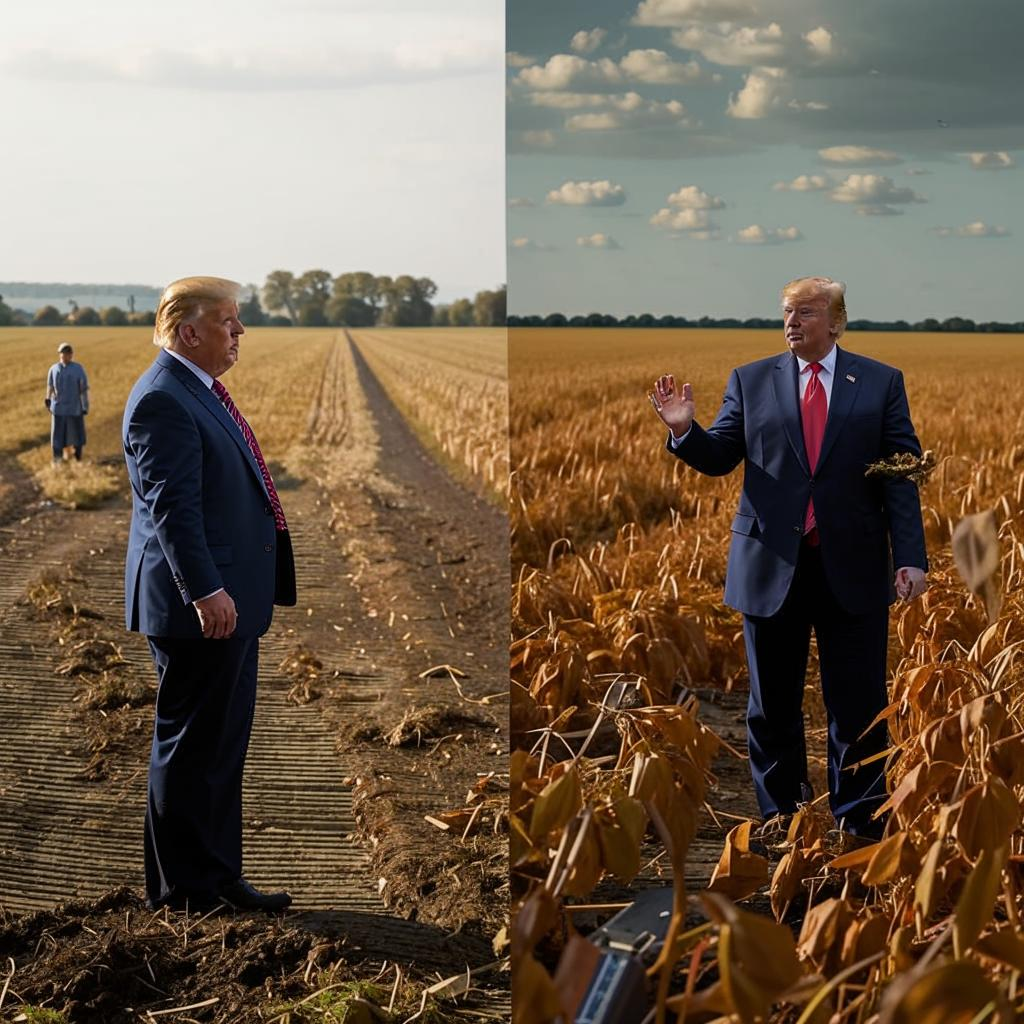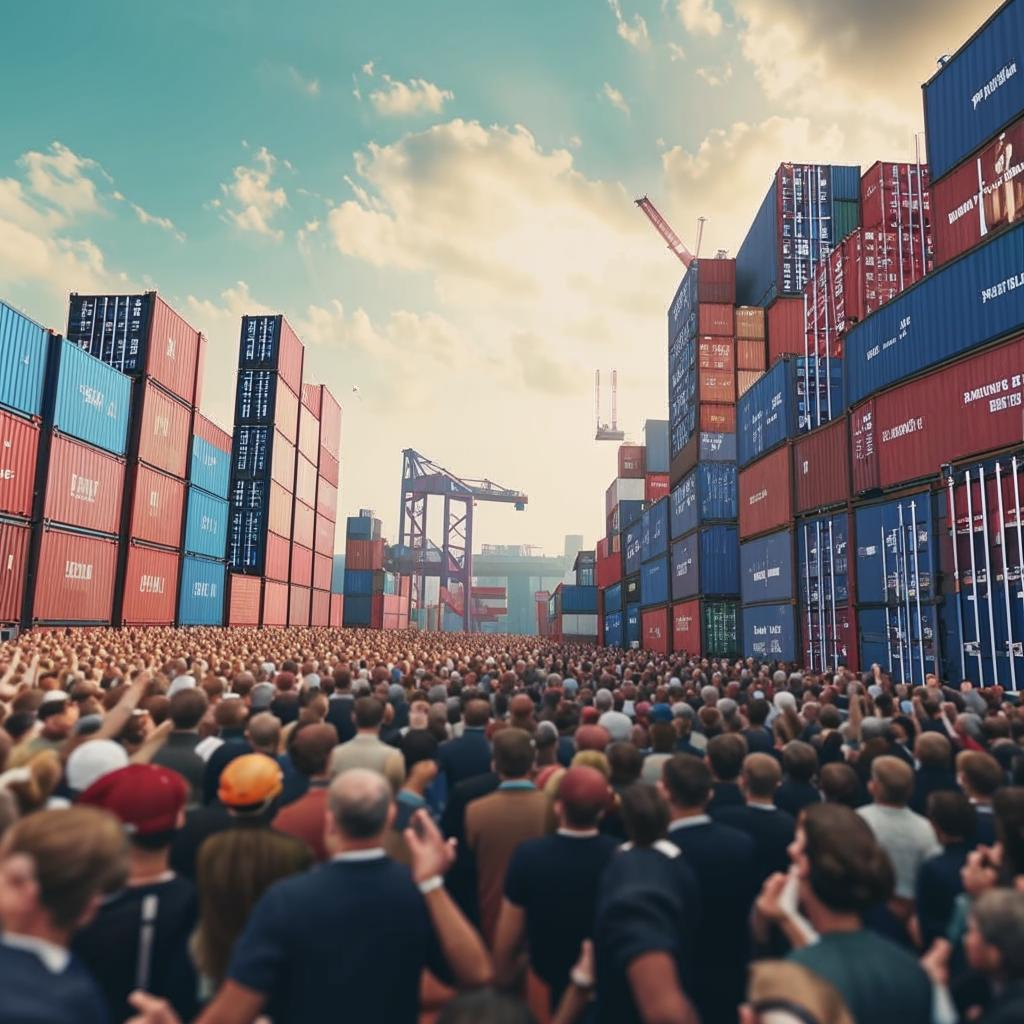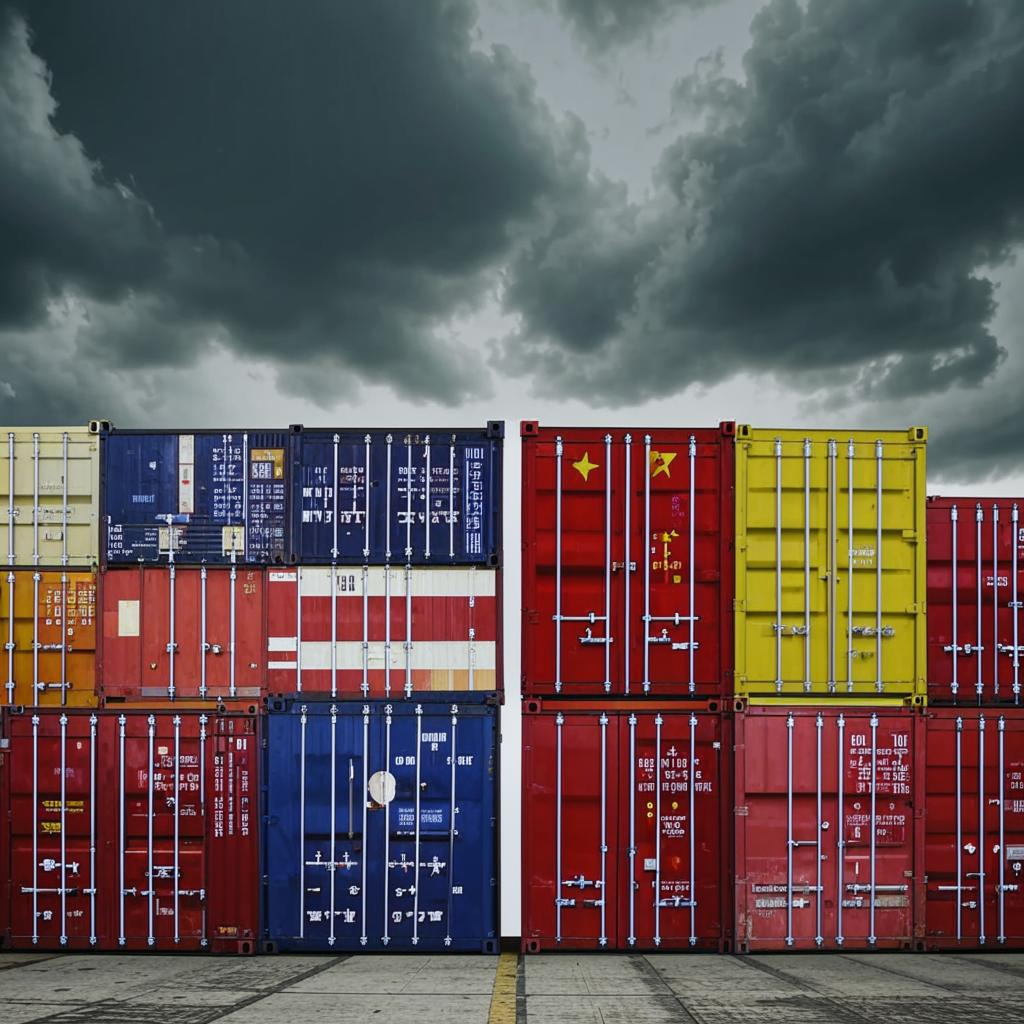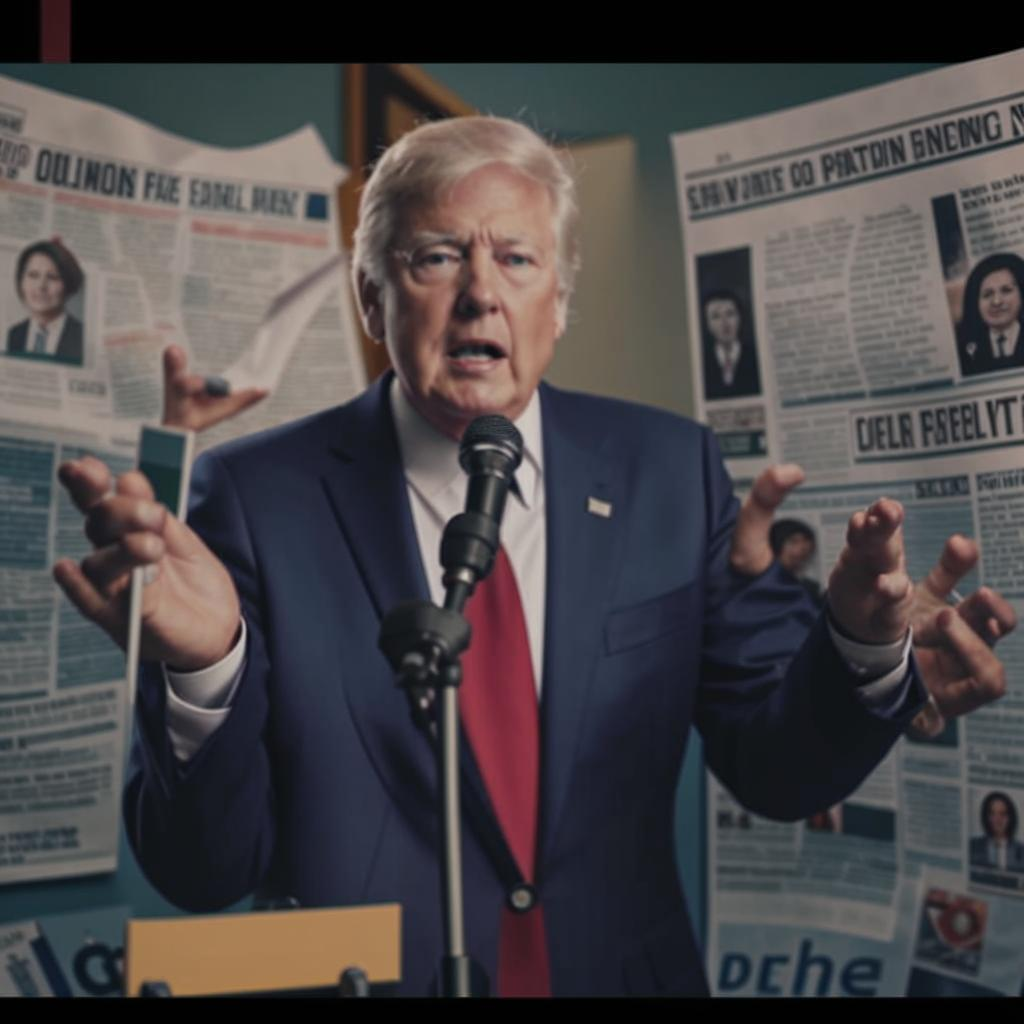Amid growing market volatility, President Trump is intensifying his stance on tariffs, raising concerns among economists and businesses. The President argues tariffs are crucial for protecting American industries and securing better trade deals. Recent market fluctuations, however, have fueled worries that these tariffs are doing more harm than good.
Several sectors are feeling the pinch. Manufacturers who rely on imported materials face higher costs, which are often passed on to consumers. Farmers, particularly those exporting soybeans and other agricultural products, are struggling as retaliatory tariffs from countries like China limit access to key markets.
Despite the negative impact, the President remains resolute, claiming that the long-term benefits of his trade policies will outweigh the short-term pain. He maintains that tariffs are a necessary tool to level the playing field and force other nations to negotiate fairer trade agreements.
The White House acknowledges the market volatility but attributes it to factors beyond tariffs, such as global economic slowdowns and geopolitical tensions. They assert that the administration is closely monitoring the situation and is prepared to take further action to mitigate any negative consequences.
Critics argue that the President’s tariff policies are misguided and ultimately hurt the American economy. They advocate for a more multilateral approach to trade negotiations, emphasizing diplomacy and collaboration rather than unilateral tariffs. The debate over the effectiveness and impact of Trump’s tariffs continues to rage, with the future of global trade hanging in the balance. The economic consequences will likely be a major factor in the upcoming elections.














